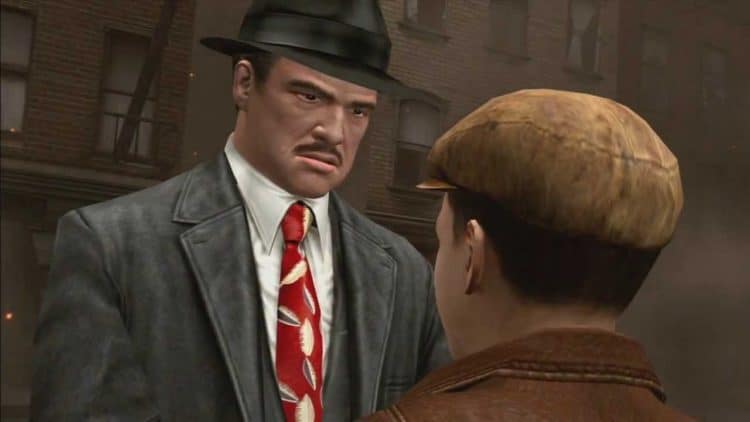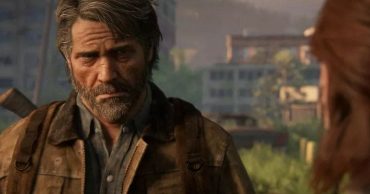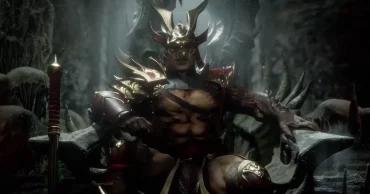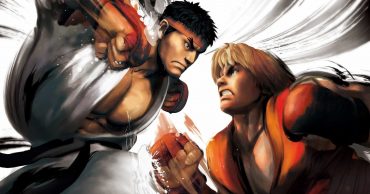
Throughout the 1980s and 1990s, and early aughts, video games were still finding their footing as a narrative form. Some companies used this to their advantage by creating original properties that functioned like choose-your-own-adventure novels. Others offered text-based adventures that were now more versatile than ever. As the graphics got better, however, so did the ambitions. Video game adaptations were no longer meant to be poured into landfills. They were a viable way to make some extra money. Like most cross-medium adaptations, the bad outweighed the good. However, the absurdity, ambition, and irony-drenched promise of these games still make them some of my most cherished memories.
The number of adapted properties began to skyrocket with the NES. The rental market also made certain games more movable than the current market, while buyers didn’t need seventy dollars to pay for new games. All this made for some audacious attempts at capturing movies and television in user-controlled, pixelated glory, from literary classics such as Jekyll and Hyde to an early adaptation of the Friday and 13th franchise. The simplicity of the medium nearly guaranteed anything with a bit of bit of action to have a video game, and everything that didn’t got away with it thanks to a lack of cutscenes that made it easier to suspend disbelief.
Home Improvement may have been a sitcom about Tim Allen raising his family, unimproving homes, and driving his wife crazy with his onslaught of testosterone-fueled mistakes, but the video game was about the Tool Man traveling across the television studio where Tool Time was filmed and running into dinosaurs and other Hollywood creatures that apparently attack on sight. While far from alone in the bizarrity of the premise, Home Improvement helped to paint the untapped potential of fitting square pegs into creative round holes and trying to adapt it to a now-primitive technology. In 1996, Activision gave an NBA Jam-like adaptation of Michael Jordan’s Space Jam that, while minimal on bells and whistles, shined (that is, to eight year old me) on the basketball court and movie-themed minigames.
This isn’t to say that all of the adaptations were disposable. Anyone of a certain age has fond memories of playing Goldeneye with their friends at sleepovers, while The Two Towers and Return of the King offered ahead-of-their-time takes on the biggest battles from the big-screen movies. Peter Jackson’s King Kong may be an oft-forgotten remake of a classic, but the video game adaptation of it culminated with a level in which players got to play the titular character for as long as they could hold on to the Empire State Building. The Warriors, Sam Raimi’s Spider-Man movies, and Scarface also had games that, despite some flaws, gave fans what they wanted given the natural barriers of trying to adapt scripted entertainment to a media that allows free will.
One of my favorite adaptations also happens to be on one of my favorite movies. Built with EA’s signature ‘flawed, but adequate’ sentiments in mind, The Godfather was an early XBox 360 game which tried to funnel the film’s plot into an open-world Grand Theft Auto aesthetic. The game did not have the signate rockstar polish, but it was, perhaps, one of the most interesting film adaptations of the last few generations. Rather than letting players protect Don Vito from hitmen or play as Tom blackmailing film producers, players created their own character who operated in the shadows of the original film’s most memorable moments. Add to that the fact that everyone but Al Pacino lended their voices and likenesses, including the late Marlon Brando, and the flawed game offered fan service where it lacked in polish and gave audiences an adequate sequel, too.
Movie adaptations of video games are having their moment. Rampage was a fun throwback to to the King Kong-inspired arcade series, while Mortal Kombat finally gave fans the gory adaptation they’ve sought for nearly thirty years. While Mad Max, John Wick, Jumanji, Lord of the Rings, and Star Wars have had mixed results in the realm of IP-based video games, they’re less adaptations of the stories that we’ve seen and more spiritual sequels, prequels, and interquels to the stories that we already know. This is not new, and some of the aforementioned games are in this vein. However, they have come at the expense of the true-blue adaptation of a movie, show, or pop culture event that used to try to let us play the stories that we saw on screen.
Many reasons behind this are obvious. Gamers didn’t expect hundreds of hours of gameplay when cutscenes were still a future concept and games took up a few megabytes of space. Now, the low-quality adaptations are little more than reshaped versions of more popular phone apps, and more direct-console adaptations are cynical cash grabs with polished graphics and the bare minimum level of interactivity to be considered video games.
It’s funny that the fall of the video game adaptation came when the most ambitious multimedia universe in history was in its early days. Had something like the MCU existed in the nineties, every movie would have a side-scroller or RPG-based game, and those games would have started another canon unto themselves. This isn’t to say that we should have gotten 24 games ranging in price from $50 to $70, but with smaller indie games being all the rage, the occasional low-cost Iron Man or Thor adventure could have been a fun throwback to a bygone time when adaptations didn’t need to be blockbuster events.
We never needed video game adaptations of Demolition Man or True Lies, but the fact that we did help preserve the era they were in, for better and worse. Literary adaptations, from countless HP Lovecraft and Sherlock Holmes-inspired games to The Witcher and other fantasy adventures show the power of transferring age-old classics to an ever-evolving and intuitive medium, and well-made movie adaptations offer similar benefits.
Nostalgia is a hell of a drug. The fact that we take everything from movies to video games so sacredly shows why audacious adaptations of the former could make for some of the most interesting versions of the latter. Perhaps, that day will come. However, until we get more strange, beautiful, bizarre, and downright terrible adaptations of our favorite films and series, I can only wonder what strangeness we’ve missed out on as the medium moved past its simple roots.The GodfatherMCU
 Follow Us
Follow Us





